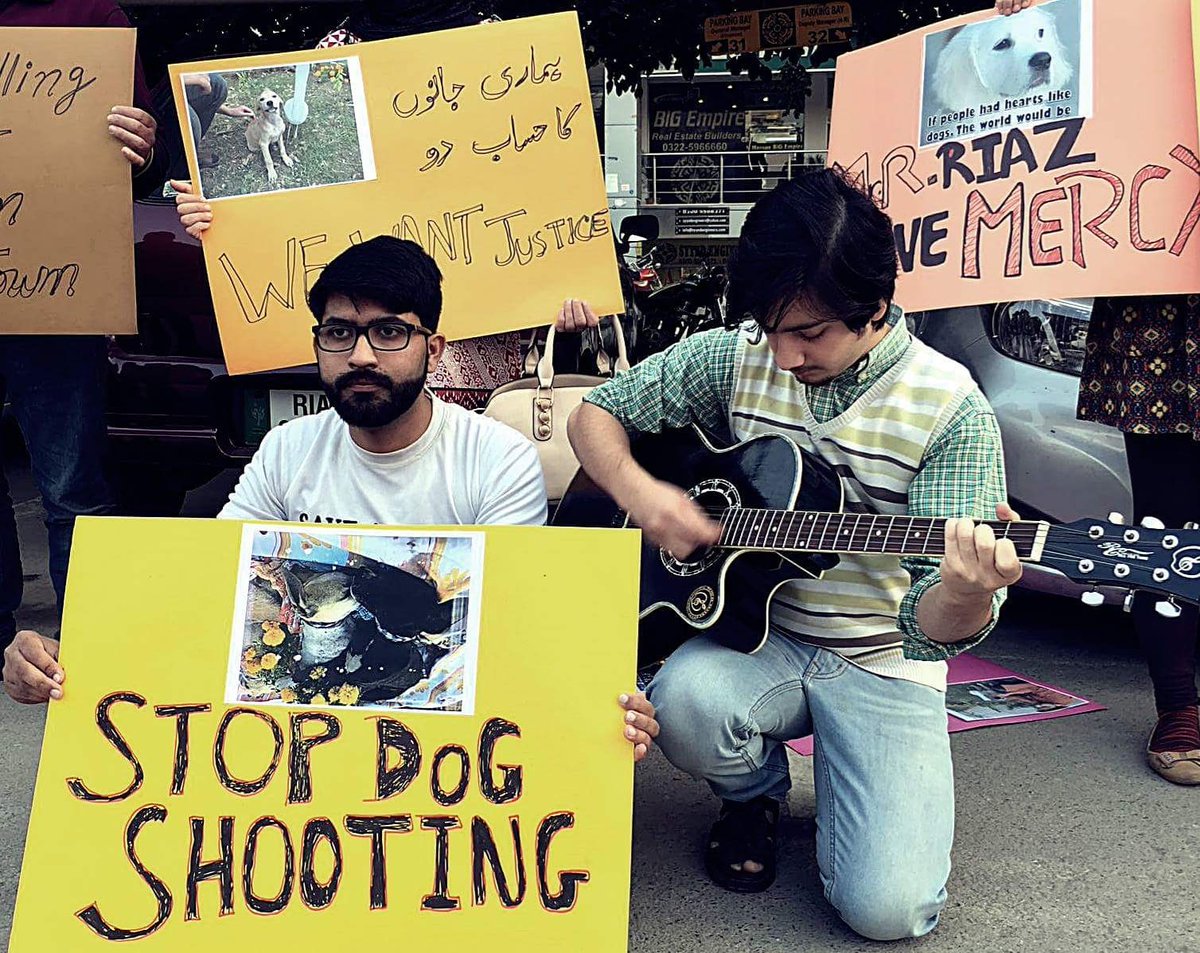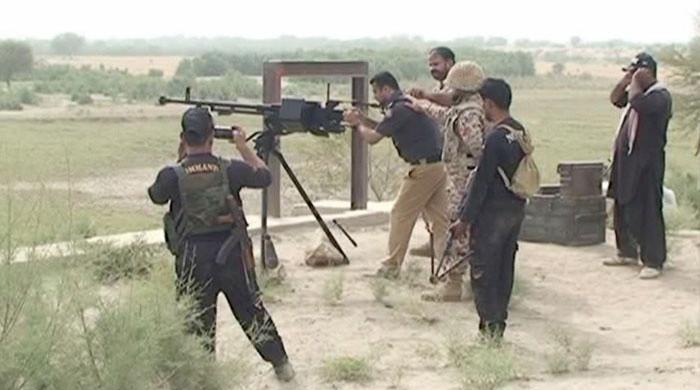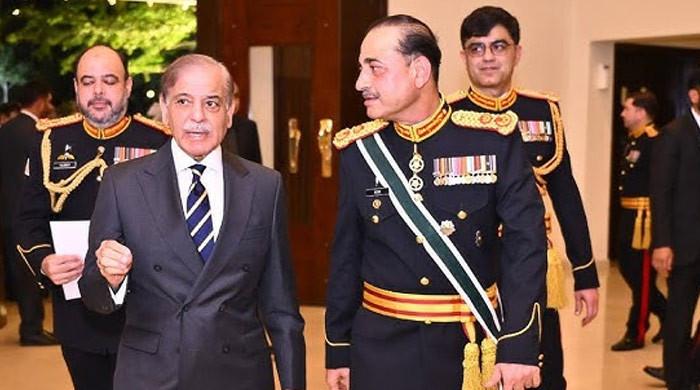Can these animal rights activists win their fight against cruel killing of stray dogs?
Every year, around 7,000 to 8,000 stray dogs are shot dead in Islamabad - a short-sighted solution preferred by city authorities over the humane and more effective capture-neuter-release strategy
December 15, 2018

Every afternoon, on a tree-lined street in Islamabad, stray dogs and cats eagerly wait outside a house to be fed. For years, they have been congregating there to feast on leftovers that the kind-hearted owners of the house put out for them.
Then one day, some people came and threatened to shoot all the stray dogs if this activity was allowed to continue.
For Owais Awan, a lawyer by profession, this was shocking as well as heartbreaking. For as long as he could remember, he had fed these strays regularly and had grown fond of them. He could not fathom how anyone could just kill these voiceless creatures without a thought.
Every year, around 7,000 to 8,000 stray dogs are shot dead in Islamabad – that’s 20 to 30 shootings every day, Sunil Jamil, founder of Help Welfare Organisation (HWO) Animal Rescue, told Geo.tv. HWO Animal Rescue is a group of animal rights activists working to help stray, abandoned and injured animals in Islamabad.
Despite protests by animal rights activists against the cruel killing of stray dogs, city authorities continue to resort to shootings as an immediate solution to the culling of stray population, instead of adopting humane and far-sighted solutions to control the population such as neutering and spaying.
Similar negligence of animal rights is rampant elsewhere in the country. In 2016, Karachi municipal authorities culled a total of 1,050 dogs following complaints about animals biting women and children.
“We decided that we had had enough, and that it was time to take legal action against these shootings,” Faryal Nawaz, Secretary HWO Animal Rescue, told Geo.tv.
HWO teamed up with Advocate Owais Awan to move the Islamabad High Court against the cruel killing of stray dogs by the municipal authorities.
The petition, ‘Faryal Nawaz versus Metropolitan Corporation Islamabad (MCI), Capital Development Authority (CDA) and Islamabad Wildlife Management Board (IWMB)’, prays the court to declare the practice of dog shooting or poisoning as a means of population or disease control as “immoral, inhumane, cruel, offensive to norms of decency, and illegal”.
.
.
.
.
It further points out that “no civilized nation in the world employs the ruthless killing of stray animals through shooting or poisoning as an effective means of population or disease control,” and argues in favour of the capture-neuter-release strategy employed widely around the world to achieve stray population control.
“The best methodology for dog population and disease control, as proven by many other countries, comprises nationwide programs aimed at population counting of dogs, classification into restricted/supervised, or family dog, or neighbourhood dog or feral (stray), identification, vaccination, neutering/spaying, and releasing them back into their habitat,” the petition states.
The petition further contends that “none of the respondents has ever attempted to adopt or promote a more humane method of curtailing dog population/disease, or categorized it as an issue worthy of their resources, through development of up-to-date mechanisms or facilities.”
“[MCI and CDA] have not established a single animal shelter or veterinary clinic in Islamabad for the treatment or rehabilitation of animals… they rely on cheaper but far more cruel alternative of mass shootings and poisonings… [whereas IWMB] has similarly never prioritized the issue of shootings of animals or building of sanctuaries,” it argues.
Also read: Being a voice for the voiceless
In their petition, HWO have further pleaded for Section 17 of the Prevention of Cruelty to Animals Act 1890 to be declared as “unlawful, illegal acting as an indemnity for public servants.”
The team finally achieved a breakthrough when the Islamabad High Court admitted the petition for hearing earlier this week. Justice Aamer Farooq issued notices seeking responses from MCI, CDA and IWMB, as well as the attorney general of Pakistan on the matter.
“We can't stay quiet and watch voiceless animals die in horrible pain. This is a step forward in ending this cruelty,” said Sunil as he expressed hope for legislation on the issue.









